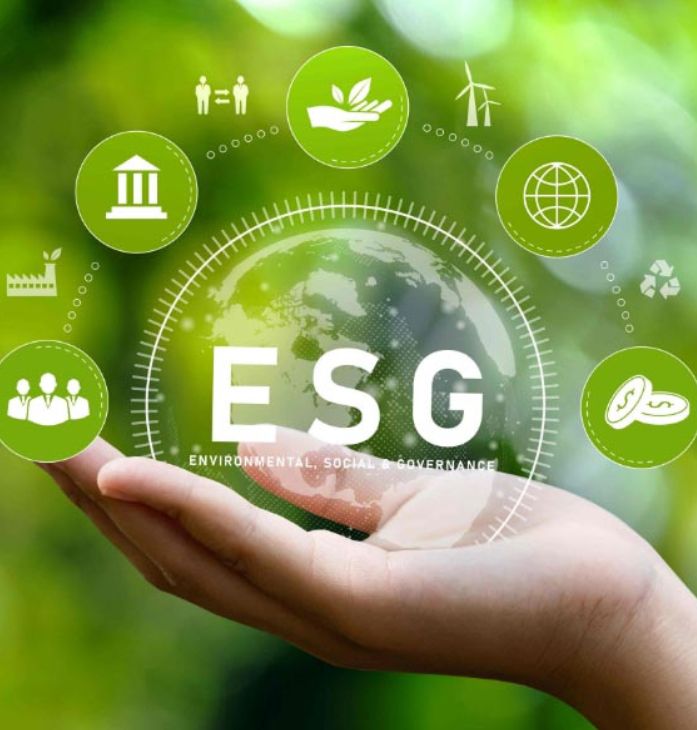What is net zero?
Put simply, net zero means cutting greenhouse gas emissions to as close to zero as possible, with any remaining emissions re-absorbed from the atmosphere, by oceans and forests for instance.
Why is net zero important?
The science shows clearly that in order to avert the worst impacts of climate change and preserve a livable planet, global temperature increase needs to be limited to 1.5°C above pre-industrial levels. Currently, the Earth is already about 1.1°C warmer than it was in the late 1800s, and emissions continue to rise. To keep global warming to no more than 1.5°C – as called for in the Paris Agreement – emissions need to be reduced by 45% by 2030 and reach net zero by 2050.
How can net zero be achieved?
Transitioning to a net-zero world is one of the greatest challenges humankind has faced. It calls for nothing less than a complete transformation of how we produce, consume, and move about. The energy sector is the source of around three-quarters of greenhouse gas emissions today and holds the key to averting the worst effects of climate change. Replacing polluting coal, gas and oil-fired power with energy from renewable sources, such as wind or solar, would dramatically reduce carbon emissions.
Is there a global effort to reach net zero?
Yes, a growing coalition of countries, cities, businesses and other institutions are pledging to get to net-zero emissions. More than 70 countries, including the biggest polluters – China, the United States, and the European Union – have set a net-zero target, covering about 76% of global emissions. Over 1,200 companies have put in place science-based targets in line with net zero, and more than 1000 cities, over 1000 educational institutions, and over 400 financial institutions have joined the Race to Zero, pledging to take rigorous, immediate action to halve global emissions by 2030.
How do we ensure commitments are turned into action?
The growth in net-zero pledges has been accompanied by a proliferation of criteria with varying levels of robustness. To develop stronger and clearer standards for net-zero emissions pledges by non-State entities such as businesses, investors, cities and regions, and speed up their implementation, UN Secretary-General António Guterres in March 2022 established a High-Level Expert Group on the Net-Zero Emissions Commitments of Non-State Entities. The Expert Group will make recommendations before the end of the year.
Are we on track to reach net zero by 2050?
No, commitments made by governments to date fall far short of what is required. Current national climate plans – for all 193 Parties to the Paris Agreement taken together – would lead to a sizable increase of almost 14% in global greenhouse gas emissions by 2030, compared to 2010 levels. Getting to net zero requires all governments – first and foremost the biggest emitters – to significantly strengthen their Nationally Determined Contributions (NDCs) and take bold, immediate steps towards reducing emissions now. The Glasgow Climate Pact called on all countries to revisit and strengthen the 2030 targets in their NDCs by the end of 2022, to align with the Paris Agreement temperature goal.
Source: United Nations





